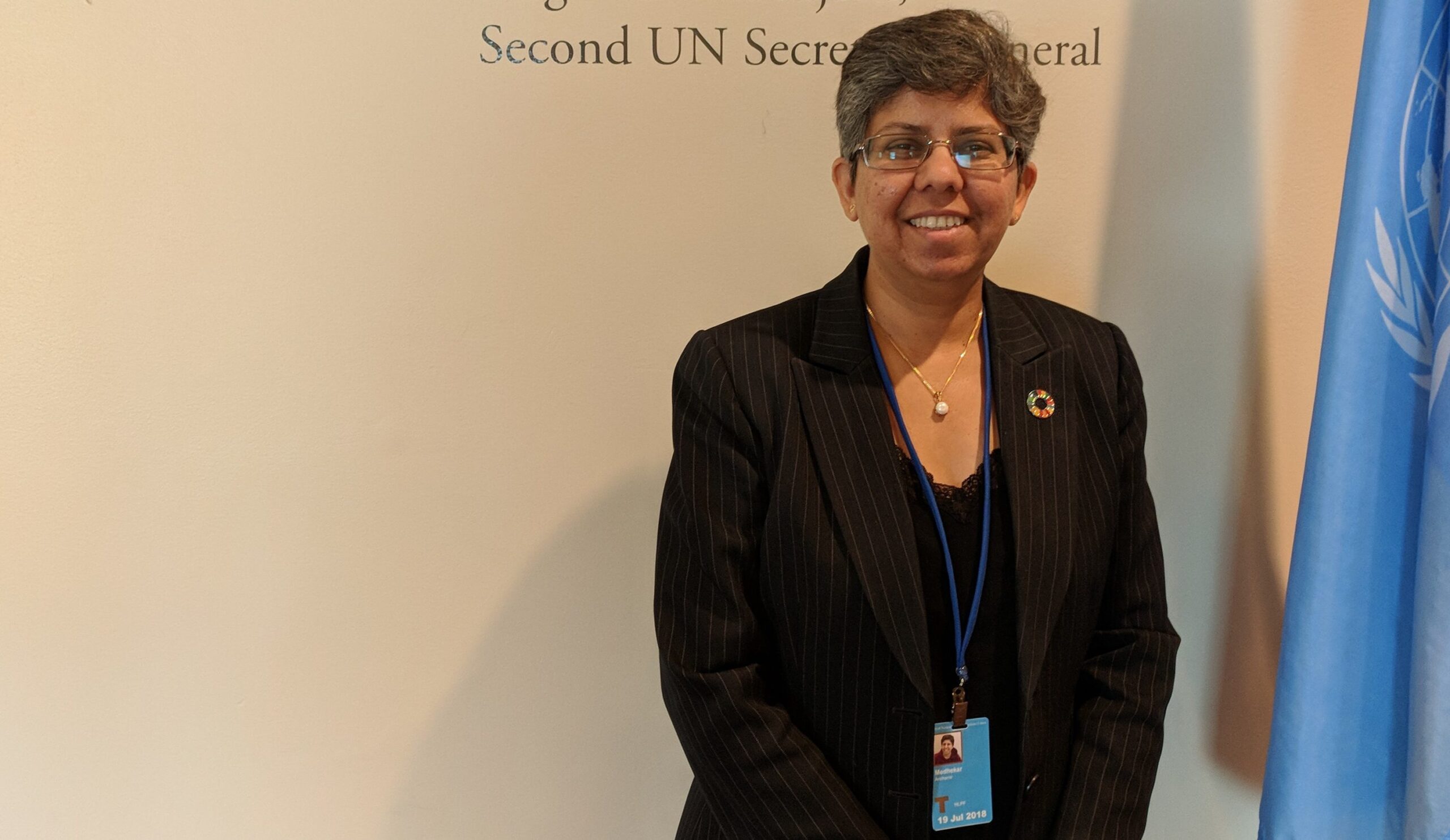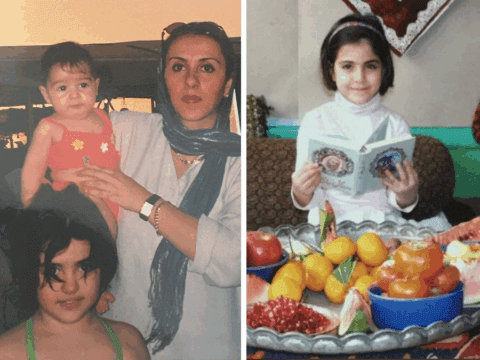Archana Medhekar is a Toronto family lawyer. Proficient in several Indian languages, Medhekar works with many South Asian families and specializes in domestic violence disputes. She spoke with Sohini Bhattacharya.
Sohini Bhattacharya: How do you approach cases of intimate partner violence?
You may unsubscribe from any of our newsletters at any time.
Archana Medhekar: I come into the picture when the issue has become very complicated and untangling it becomes difficult. So I focus on the urgent aspects first.
SB: Why do only half of immigrant victims of violence go to the police?
AM: Language is one of the biggest barriers for women. Adding to that they may not have faith in police due to prior experience. Here, when the police are called during a domestic dispute, they respond immediately to ensure that things are under control and to protect someone, if necessary. The response may not always end in charging someone.
SB: What are some of the intergenerational effects of IPV?
AM: Research clearly shows that if children are exposed to violence or even conflict between parents, the abuse perpetuates through the children. If girls witness it, they become submissive in future relationships, and if they are boys, they tend to become the aggressors. When we talk of abuse, we tend to focus on physical abuse, but psychological abuse can become irreparable.
More on Broadview: South Asian Women’s Centre mends abuse survivors’ lives
SB: What will it take to get more IPV survivors to seek help?
AM: South Asian women who are living in abusive households continue to live in that relationship for the sake of their children. But with the help of social workers, first responders or settlement counsellors who are trained to be culturally sensitive, these women can be educated to see the effects of the abuse on their children. They then become more attentive to take the necessary steps to protect their children.
SB: What will it take to stop IPV?
AM: I think we must focus on prevention. There is a lot of scope for improvement in what we do. And that’s why I think immigration or refugee settlement services must be made stronger.
SB: How so?
AM: Trauma lives within. When people come to Canada, they may be carrying traumatic incidents from their past. Maybe they are functioning perfectly day-to-day. But within the settlement period, you don’t know what could be the trigger. So, I have become a big proponent of a trauma-informed approach in the family system. I think that we need to bring knowledge, commitment and integrity, but I think we need to bring empathy too. Without empathy, there will be no long-term sustainable service.
This interview has been edited for length and clarity. It first appeared in Broadview‘s November 2019 issue with the title “How one lawyer is helping South Asian families.”
Broadview is an award-winning progressive Christian magazine, featuring stories about spirituality, justice and ethical living. For more of our content, subscribe to the magazine today.















